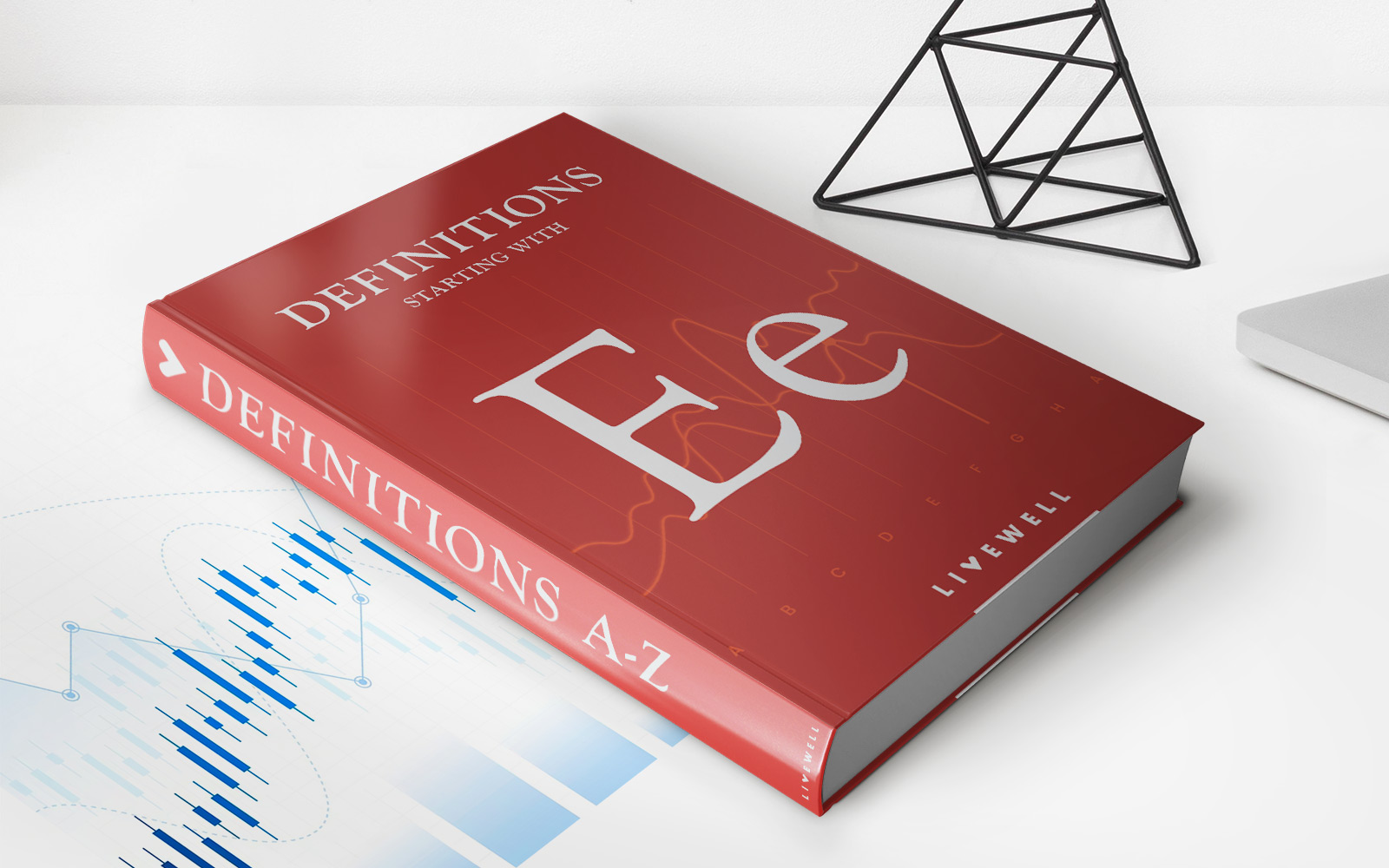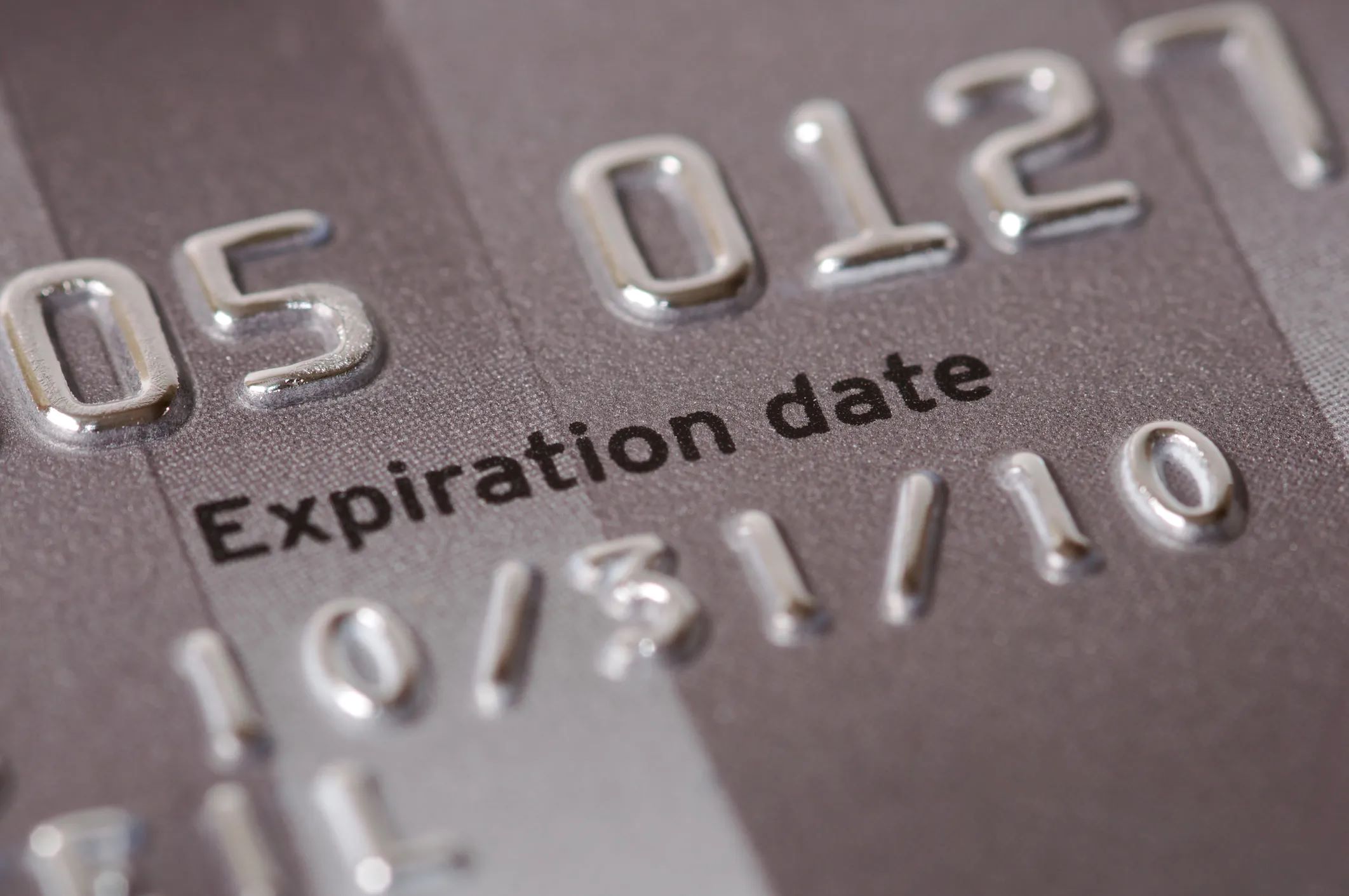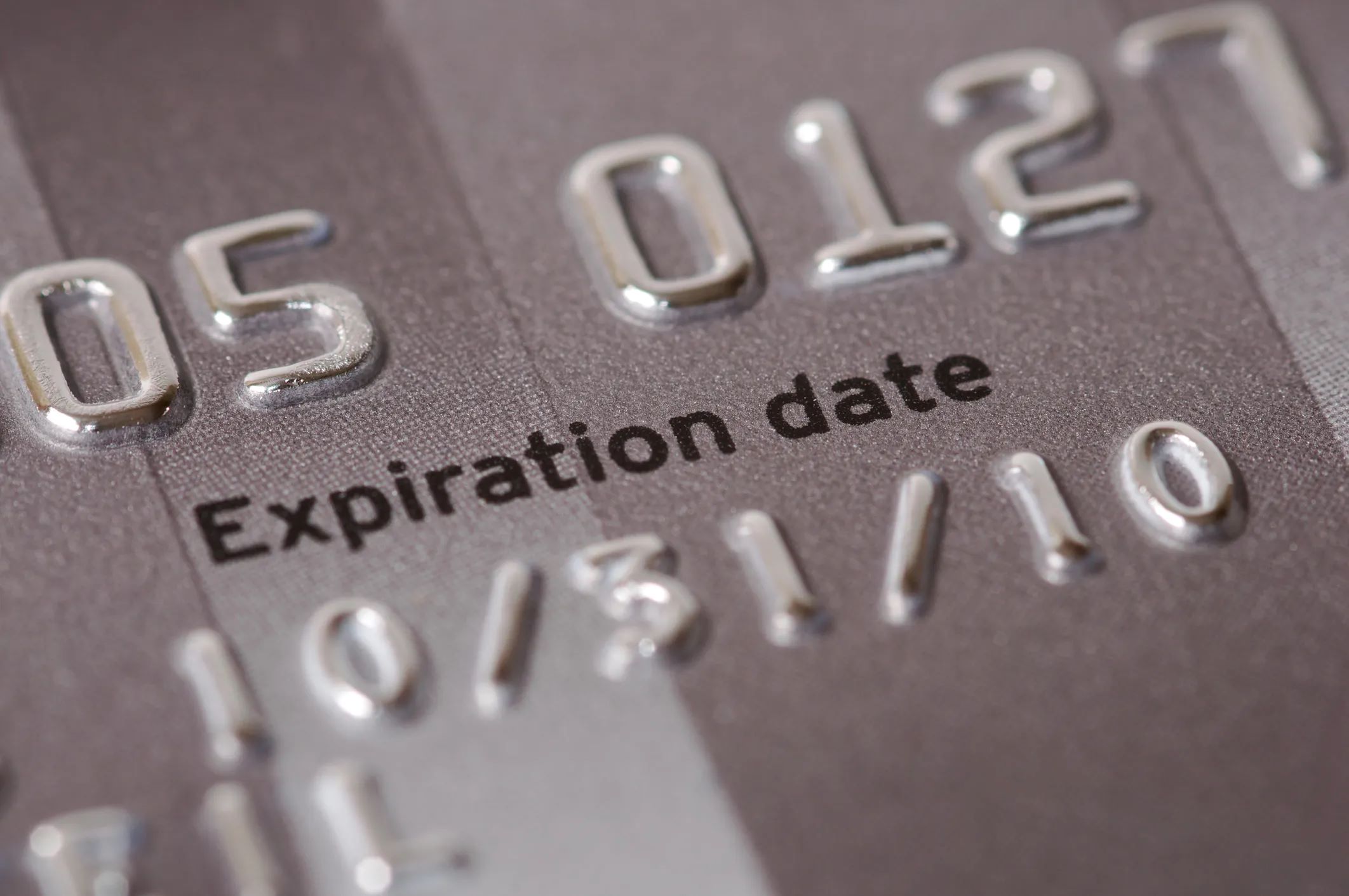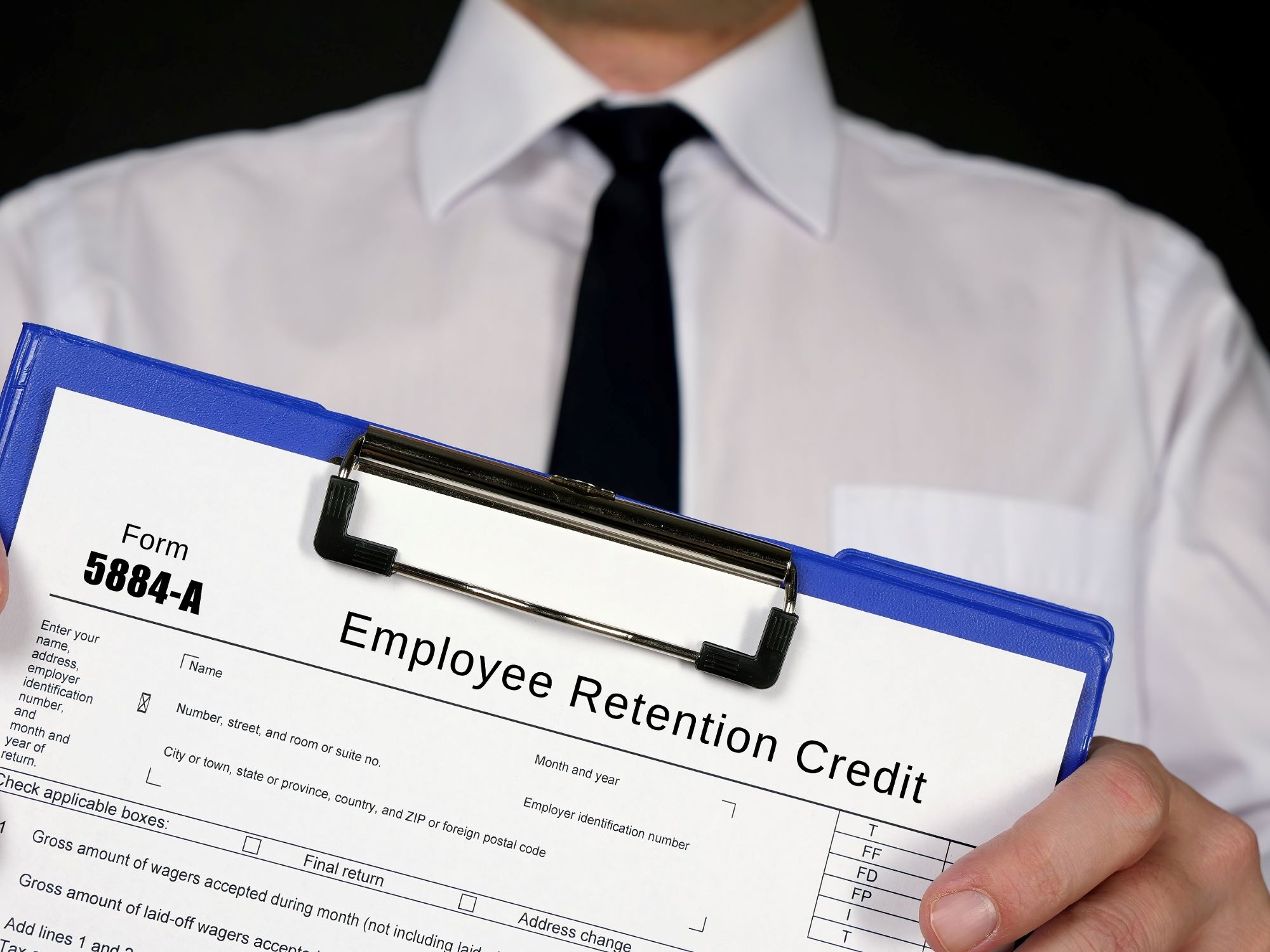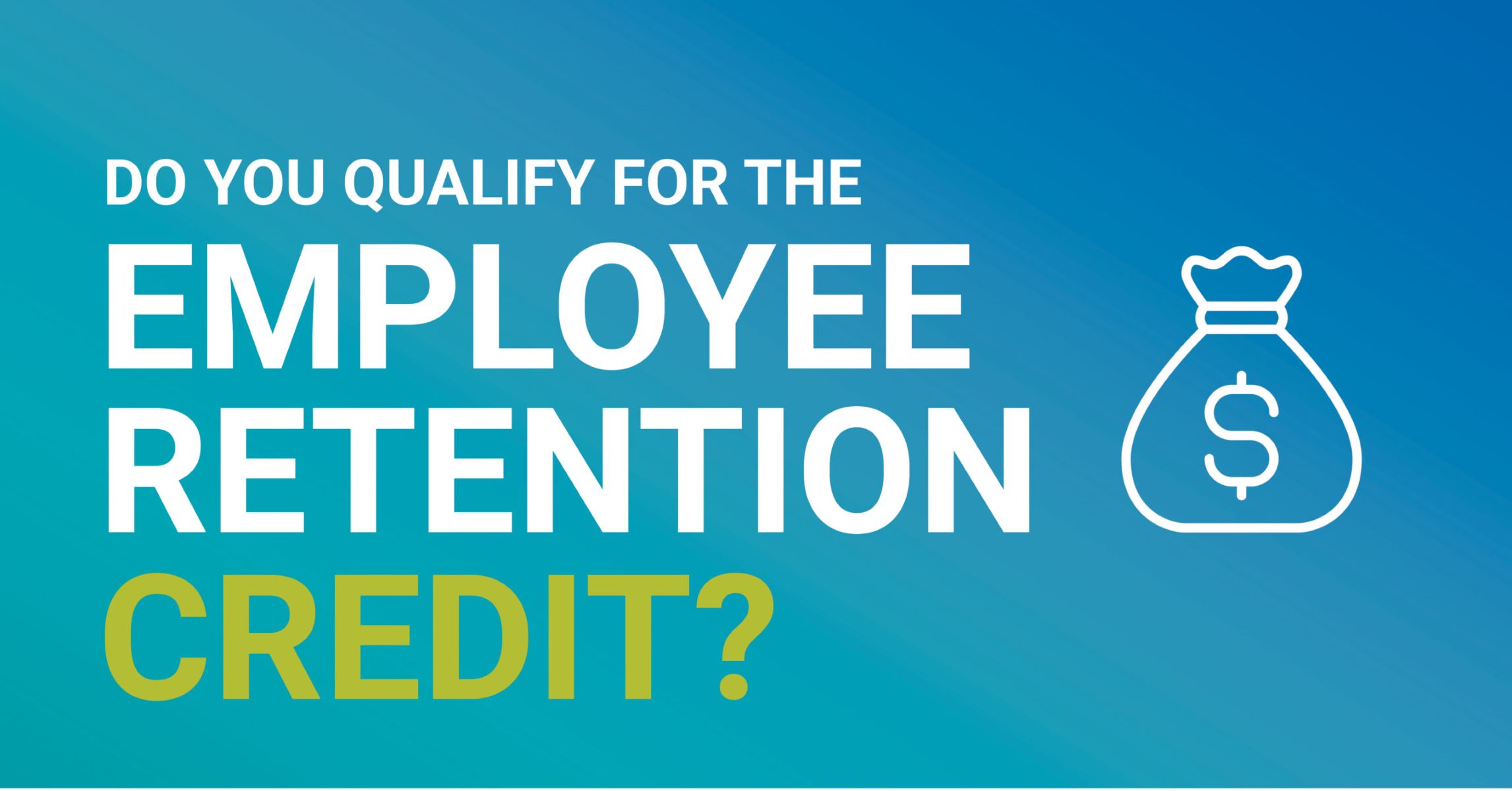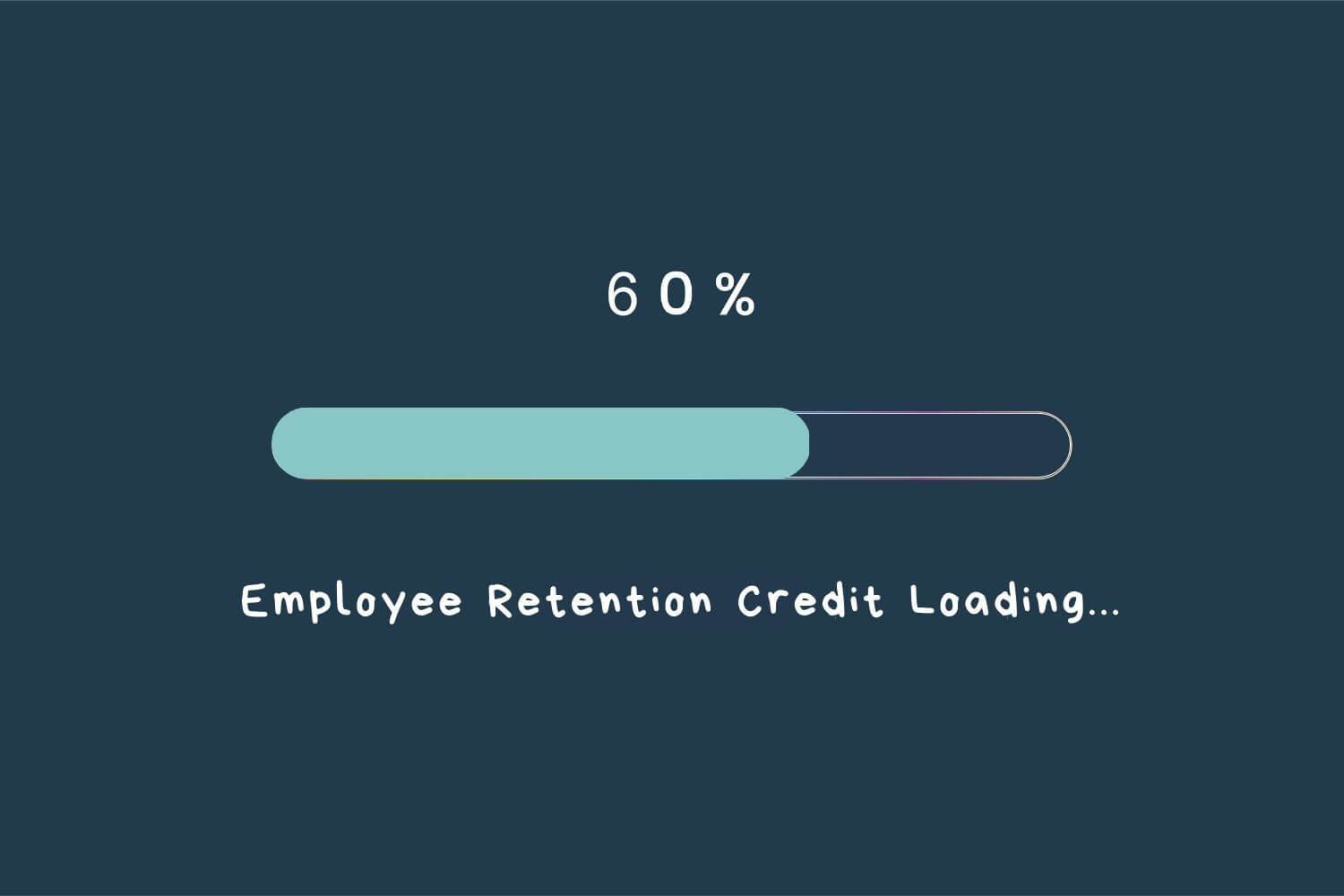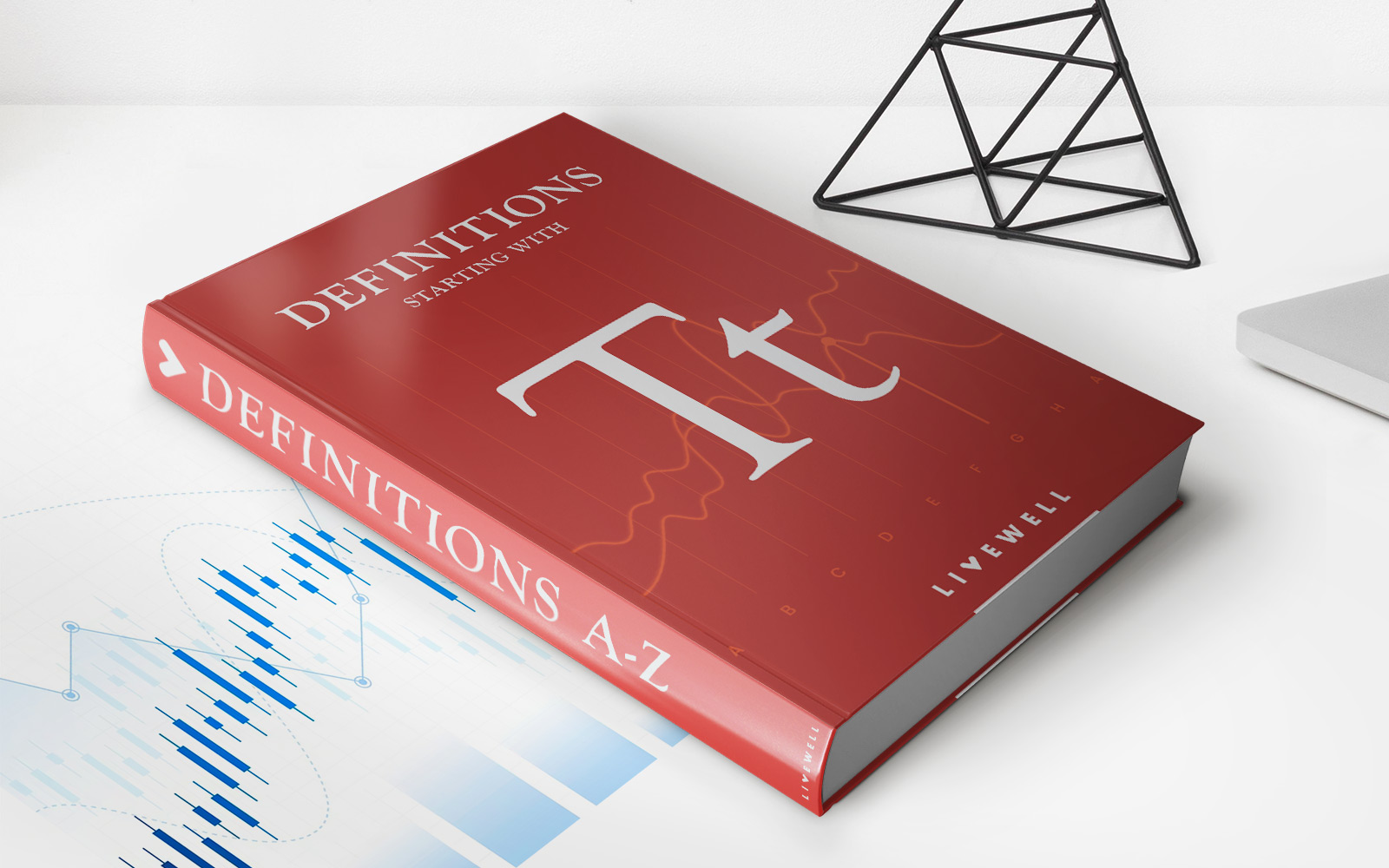

Finance
When Does The ERC Credit Expire
Published: January 11, 2024
Discover when the ERC credit expires and its impact on your finances. Stay informed about the deadline to maximize your financial benefits.
(Many of the links in this article redirect to a specific reviewed product. Your purchase of these products through affiliate links helps to generate commission for LiveWell, at no extra cost. Learn more)
Table of Contents
Introduction
When it comes to managing your finances, understanding the ins and outs of various tax credits and incentives can make a significant impact on your bottom line. One such credit that many individuals and businesses can take advantage of is the Employee Retention Credit (ERC). This credit was introduced as a part of the Coronavirus Aid, Relief, and Economic Security (CARES) Act to provide financial relief to businesses impacted by the COVID-19 pandemic.
The ERC is designed to incentivize businesses to retain their employees by offering a tax credit against qualified wages. This credit can be a valuable tool in helping businesses offset the financial strain caused by the pandemic and maintain the necessary workforce to support their operations.
However, it is crucial to understand the expiration period of the ERC credit to ensure that you don’t miss out on potential savings. The expiration period varies depending on specific factors, and being aware of these details can help you optimize the benefits of this tax credit.
In this article, we will delve into the details of when the ERC credit expires, factors that can affect its expiration, methods to check ERC credit expiration, consequences of an expired ERC credit, and tips to utilize the credit before it expires. By the end, you will have a comprehensive understanding of the ERC credit expiration and the steps you can take to maximize its benefits.
Understanding ERC Credit
The Employee Retention Credit (ERC) is a tax credit that provides financial relief to businesses impacted by the COVID-19 pandemic. It is a refundable tax credit that is designed to encourage businesses to retain their employees during challenging economic times.
Under the CARES Act, eligible businesses can claim a credit against qualified wages equal to 50% of the wages paid to each employee, up to a maximum of $10,000 per employee. This credit can be claimed for wages paid between March 13, 2020, and December 31, 2021.
Eligible businesses include those that have experienced a full or partial suspension of operations due to government orders related to COVID-19 or have experienced a significant decline in gross receipts compared to the same quarter in the previous year. Non-profit organizations and governmental entities are also eligible to claim the ERC.
It is important to note that businesses cannot claim the ERC if they have received a Paycheck Protection Program (PPP) loan. However, businesses that have received PPP loans in 2020 can still be eligible for the ERC for wages not used to obtain forgiveness of the PPP loan.
The ERC can provide significant financial relief to businesses, allowing them to retain employees and navigate through economic uncertainties. Understanding the intricacies of this credit is essential to take full advantage of its benefits and to ensure compliance with the eligibility requirements.
Expiration Period of ERC Credit
The expiration period of the Employee Retention Credit (ERC) is an important aspect to consider when planning your tax strategies. The ERC was initially introduced as a temporary relief measure under the CARES Act in response to the COVID-19 pandemic. However, it has been extended and expanded multiple times by subsequent legislation.
The ERC was originally set to expire on December 31, 2020. However, the Consolidated Appropriations Act, 2021 extended the credit through June 30, 2021. Subsequently, the American Rescue Plan Act, enacted in March 2021, extended the ERC further to cover wages paid through December 31, 2021.
It’s important to note that the ERC is subject to certain limitations and eligibility criteria. For example, businesses that received a Paycheck Protection Program (PPP) loan are generally not eligible for the ERC. Furthermore, the credit cannot be claimed for the same wages used for the calculation of other COVID-19 relief programs.
It’s crucial to stay updated on any further legislative changes or extensions that may impact the expiration period of the ERC. Consulting with a tax professional or keeping an eye on official IRS guidance can help ensure that you are aware of the latest updates.
By understanding the expiration period of the ERC, you can effectively plan your tax strategies to maximize the benefits of this credit. It’s recommended to take prompt action to claim the credit for eligible wages before the expiration date to avoid missing out on potential savings.
Factors Affecting ERC Credit Expiration
Several factors can affect the expiration of the Employee Retention Credit (ERC), and it is important to be aware of these factors to ensure that you optimize the benefits of this tax credit.
- Legislative Changes: The expiration period of the ERC can be influenced by legislative changes. The original expiration date of the ERC was December 31, 2020, but subsequent legislation extended it through December 31, 2021. It is crucial to stay updated on any further legislative actions that may impact the expiration date.
- Paycheck Protection Program (PPP) Loans: If your business received a PPP loan, it can affect the eligibility and expiration of the ERC. Generally, businesses that received a PPP loan are not eligible for the ERC. However, the rules changed in 2021, allowing businesses that received PPP loans in 2020 to claim the ERC for wages not used for PPP loan forgiveness.
- Eligibility Criteria: The expiration of the ERC can also be influenced by the eligibility criteria set forth by the IRS. Businesses must meet specific criteria, including a significant decline in gross receipts or a full or partial suspension of operations due to government orders. Failing to meet these criteria may result in ineligibility for the credit.
- Credit Calculation: The expiration of the ERC can be influenced by the wages used for the credit calculation. The credit can only be claimed for qualified wages that meet the specific requirements, and it cannot be claimed for the same wages used for other COVID-19 relief programs.
It is essential to carefully consider these factors when planning your ERC credit utilization. Staying informed about any legislative changes, understanding the impact of PPP loans on eligibility, ensuring compliance with eligibility criteria, and accurately calculating the credit can help you optimize the benefits of the ERC before its expiration.
Methods to Check ERC Credit Expiration
Checking the expiration date of the Employee Retention Credit (ERC) is important to ensure that you don’t miss out on claiming this valuable tax credit. Here are some methods you can use to check the ERC credit expiration:
- Consult the IRS Website: The Internal Revenue Service (IRS) is the authoritative source for tax information. The IRS website provides up-to-date guidance and resources related to the ERC. It’s recommended to visit the official IRS website and search for information specific to the ERC to find the latest expiration details.
- Read Official Notices: The IRS regularly issues official notices, announcements, and updates regarding tax credits and deadlines. Keeping an eye on these official communications can provide insights into the expiration date of the ERC. Subscribe to IRS newsletters or sign up for updates on their website to receive timely information.
- Consult a Tax Professional: If you’re uncertain about the expiration date of the ERC or want personalized guidance, it is advisable to consult a qualified tax professional. A tax professional can review your specific situation, stay updated on the latest tax laws, and provide you with accurate information regarding the expiration of the ERC.
- Monitor Legislative Changes: As legislative changes can impact the expiration date of the ERC, it’s important to stay informed about any updates or extensions. Follow news sources that specialize in financial and tax matters, and keep an eye on official government announcements to stay up-to-date with any changes that may affect the ERC.
By utilizing these methods, you can stay informed about the expiration date of the ERC and ensure that you take the necessary steps to claim the credit before it expires. Remember, it’s essential to verify the information from reliable sources such as the IRS or a qualified tax professional to ensure accuracy.
Consequences of Expired ERC Credit
Allowing the Employee Retention Credit (ERC) to expire without utilizing it can have significant consequences for your finances. Here are some potential consequences of an expired ERC credit:
- Missed Tax Savings: The ERC is designed to provide financial relief by offering a tax credit against qualified wages. Allowing the credit to expire means missing out on potential tax savings that could have benefited your business.
- Increased Financial Strain: If your business is facing economic challenges and could benefit from the financial relief provided by the ERC, allowing the credit to expire could increase your financial strain. The credit can help offset the costs of retaining employees during difficult times.
- Opportunity Cost: Allowing the ERC to expire without utilizing it means missing out on the opportunity to optimize your tax strategies and allocate resources more effectively. These missed opportunities can impact your overall financial performance and long-term sustainability.
- Competitive Disadvantage: If your competitors are taking advantage of the ERC and utilizing the credit to their advantage, allowing it to expire puts you at a competitive disadvantage. They may have lower labor costs, increased cash flow, and the ability to invest in growth opportunities.
- Uncertainty for Employees: The ERC can help businesses maintain their workforce, which provides stability and security for employees. Allowing the credit to expire without utilizing it may create uncertainty among your employees, affecting morale and potentially leading to talent retention challenges.
To avoid these consequences, it is crucial to stay informed about the expiration date of the ERC and take proactive steps to utilize the credit before it expires. Consult with a tax professional, assess your eligibility, and ensure that you are fully leveraging the benefits provided by the ERC to mitigate these potential negative impacts.
Tips to Utilize ERC Credit Before Expiration
With the expiration date of the Employee Retention Credit (ERC) approaching, it’s essential to take proactive steps to maximize its benefits. Here are some tips to help you utilize the ERC credit before it expires:
- Evaluate Eligibility: First and foremost, review the eligibility criteria set forth by the IRS for the ERC. Ensure that your business meets the requirements, such as experiencing a significant decline in gross receipts or a full or partial suspension of operations due to government orders.
- Consult a Tax Professional: Working with a tax professional can be immensely helpful in navigating the complexities of the ERC. They can assess your specific situation, provide guidance on eligibility, credit calculation, and help you develop a strategy to maximize the benefits of the credit before it expires.
- Review Payroll Records: Review your payroll records to identify eligible wages that can be used to claim the ERC. Ensure that you have accurate documentation and supporting evidence for wages paid during the eligible periods. Proper record-keeping is crucial to substantiate your claims.
- Claim Retroactive Credit: If you were eligible for the ERC in the past but did not claim it, explore the option of filing amended payroll tax returns to claim retroactive credits. This can help you recoup the benefits for previously eligible periods.
- Coordinate with PPP Loan Forgiveness: If you have received a Paycheck Protection Program (PPP) loan, coordinate the timing of your ERC claim with PPP loan forgiveness. You cannot claim the ERC for wages used to obtain forgiveness, so strategize accordingly to maximize the benefits of both programs.
- Stay Updated: As legislative changes can impact the expiration and availability of the ERC, stay updated with the latest information from reliable sources such as the IRS. Regularly check official notices, guidelines, and consult with professionals to ensure you are aware of any changes that may affect your eligibility or credit calculation.
By following these tips, you can make the most of the ERC credit before it expires. Utilizing the credit can provide much-needed financial relief, help retain your workforce, and positively impact your overall financial performance during challenging times.
Conclusion
The Employee Retention Credit (ERC) offers a valuable opportunity for businesses to offset the financial strain caused by the COVID-19 pandemic and retain their workforce. By understanding the expiration period of the ERC and taking proactive steps to utilize the credit, businesses can maximize the benefits and optimize their tax strategies.
Throughout this article, we discussed the importance of understanding the ERC credit expiration and the consequences of allowing it to expire. We explored factors that can affect the expiration, such as legislative changes and eligibility criteria. Additionally, we provided methods to check the expiration date, including consulting the IRS website, staying informed through official notices, and seeking advice from tax professionals.
Furthermore, we highlighted the consequences of an expired ERC credit, such as missed tax savings, increased financial strain, and potential competitive disadvantages. To avoid these consequences, we shared tips on how to effectively utilize the ERC credit before it expires. These tips include understanding eligibility, consulting with tax professionals, reviewing payroll records, and coordinating with PPP loan forgiveness, among others.
In conclusion, it is crucial to stay informed about the expiration date of the ERC and take proactive steps to claim the credit before it expires. By doing so, businesses can maximize their tax savings, alleviate financial burdens, and create stability for their employees. Utilizing the ERC credit demonstrates sound financial management and can contribute to the overall success and resilience of businesses during challenging times.

